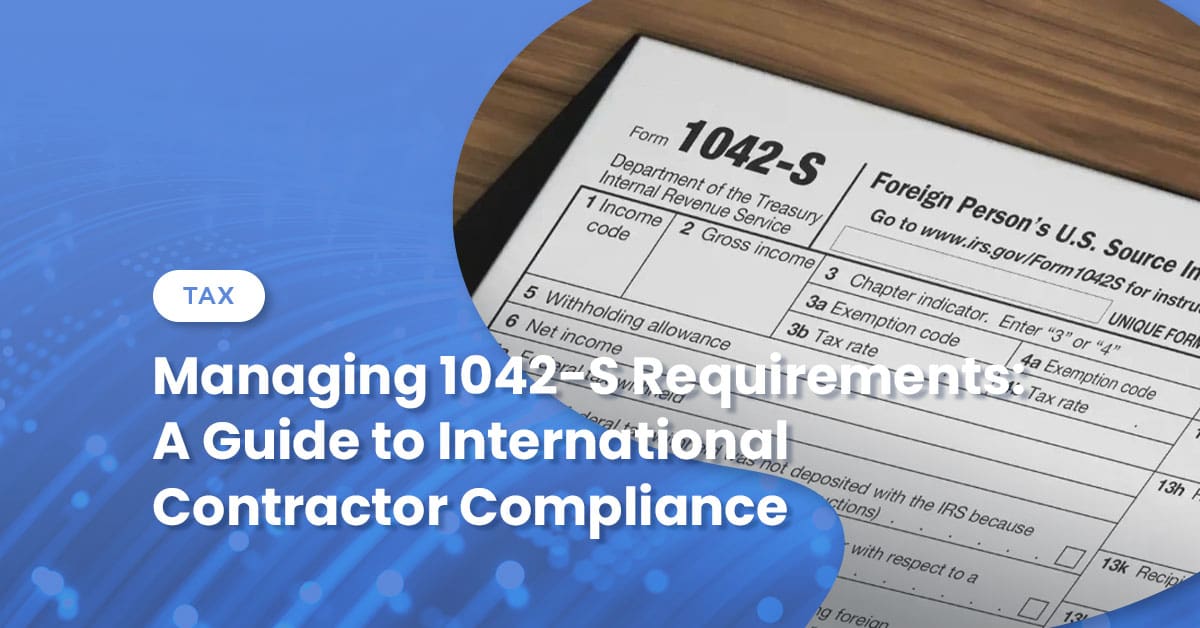The American Families Plan, which the White House describes as “once‐in‐a‐generation” legislation, is designed to help families cover basic expenses such as health care, education, and childcare.
The plan, announced in March, includes about $1 trillion in investments and $800 billion in tax cuts over ten years, paid for in part by higher taxes on those making $400,000 or more per year.
The plan will disrupt the real estate industry in a number of ways. An overall effect of these proposed changes is reducing the incentives to invest — a source of concern for industry‐ watchers.
Here are some of the key changes in the plan that will impact real estate in the coming years.
Long‐Term Capital Gains
The American Families Plan would Increase the maximum long‐term capital gains tax rate from 20% to 39.6%, a change meant to equalize earned income and investment income for households earning more than $1 million. That includes income dividends and capital gains. For some, capital gains tax could potentially double overnight.
The plan changes the rules about what happens when an asset owner dies, making the date of death the date of sale of the asset. Taxes on any unrealized gains must be paid at that time by the surviving family members, though they wouldn’t have yet been able to sell the house to get capital to pay this bill. This shortfall could force a sale of the property.
These changes could have a severe impact on future development projects since potential investors would have less cash on hand for real estate investment.
1031 Like‐Kind Exchanges
The American Family Plan would limit 1031 exchanges on transactions to $500,000 gains (individual) and $1 million (married filing jointly). Under this change, if the capital gain on the sale of a property is greater than $500,000/$1 million, the excess gains would be taxed at the new higher rates.
The biggest beneficiaries of 1031 exchanges are individuals, according to government reports. The higher level of taxation in these exchanges, combined with increased capital gains tax rates, would result in less capital available for real estate investments in the future.
Net Investment Income Tax (NIIT)
Real estate professionals are currently excluded from paying NIIT on their share of rental income/capital gains. The American Families Plan would get rid of this exception, a change that would increase these taxpayers’ federal tax bill by 3.8%.
Step‐up Basis
The American Families Plan will adjust the manner in which estates treat capital gains. Under current rules, the death of a real estate investor triggers a “step‐up” in the value of assets in their estate, including investment property, to fair market value. This prevents the investor’s heirs from having to pay capital gains tax on the capital appreciation of the assets.
Under the plan, this step‐up would be eliminated for gains over $1 million per person ($2 million per married couple).
Carried Interest
A general partner or managing member that sponsors a real estate investment vehicle is entitled to a share of the profits from the investment — called carried interest or “promote” interest. Under current rules, the long‐term capital gains tax rate applies to promotes in real estate partnerships.
The American Families Plan would change this, treating promote interest instead as ordinary income. This change would mean that these individuals would get less net profits from the investment, the result of which may be a reduced incentive to invest in value‐add properties.
Keep an Eye on These Proposals
At this point these changes are all just proposals; it is unclear when and if any of them might become law. If they are enacted, they will result in large changes in real estate capital flows and in asset values for small business owners and long‐term real estate investors.
Real estate professionals and business owners should keep their fingers on the pulse of this legislation and pre‐emptively consult with a tax advisor about its possible implications.

 Previous
Previous






